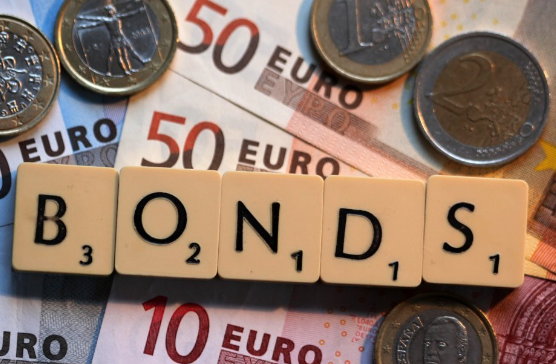Sub-Saharan African countries, dormant in the Eurobond market for two years, have made a resounding return in the current year.
Ivory Coast (Côte d’Ivoire) led the charge, issuing two bonds with maturities of 8.5 and 12.5 years, fetching coupon rates of 7.625% and 8.250%, respectively, and receiving USD 2.6 billion from the offer.
Following suit, Benin debuted in the market with a USD 750 million dollar bond with a tenor of 14 years and a coupon rate of 8.375%.
Kenya entered the fray with a highly successful but costly buyback and new offer deal. The country raised USD 1.5 billion to repurchase a significant portion of its USD 2 billion Eurobond maturing in June.
Taking a cue from Kenya, Benin has initiated a buyback program for its Eurobonds, seeking to repurchase its 5.75% 2026 (€176.36 million outstanding) and 4.875% 2032 (€700.0 million outstanding) maturities.
Benin’s buyback program, set to commence on February 28th with a tender expiry date of March 6th and an anticipated settlement date around March 12th, reflects a proactive approach to managing its debt portfolio amidst evolving market conditions.
The resurgence of Eurobond issuance in Sub-Saharan Africa offers numerous benefits. It provides access to external financing for critical infrastructure projects, social programs, and economic reforms.
Additionally, it diversifies financing sources, reducing reliance on domestic borrowing, and strengthens fiscal resilience. The revival also signals attractiveness to global investors, potentially stimulating economic activity.
However, amid the optimism, caution is advised. Governments must maintain fiscal discipline and proper risk management to avoid debt distress.
















